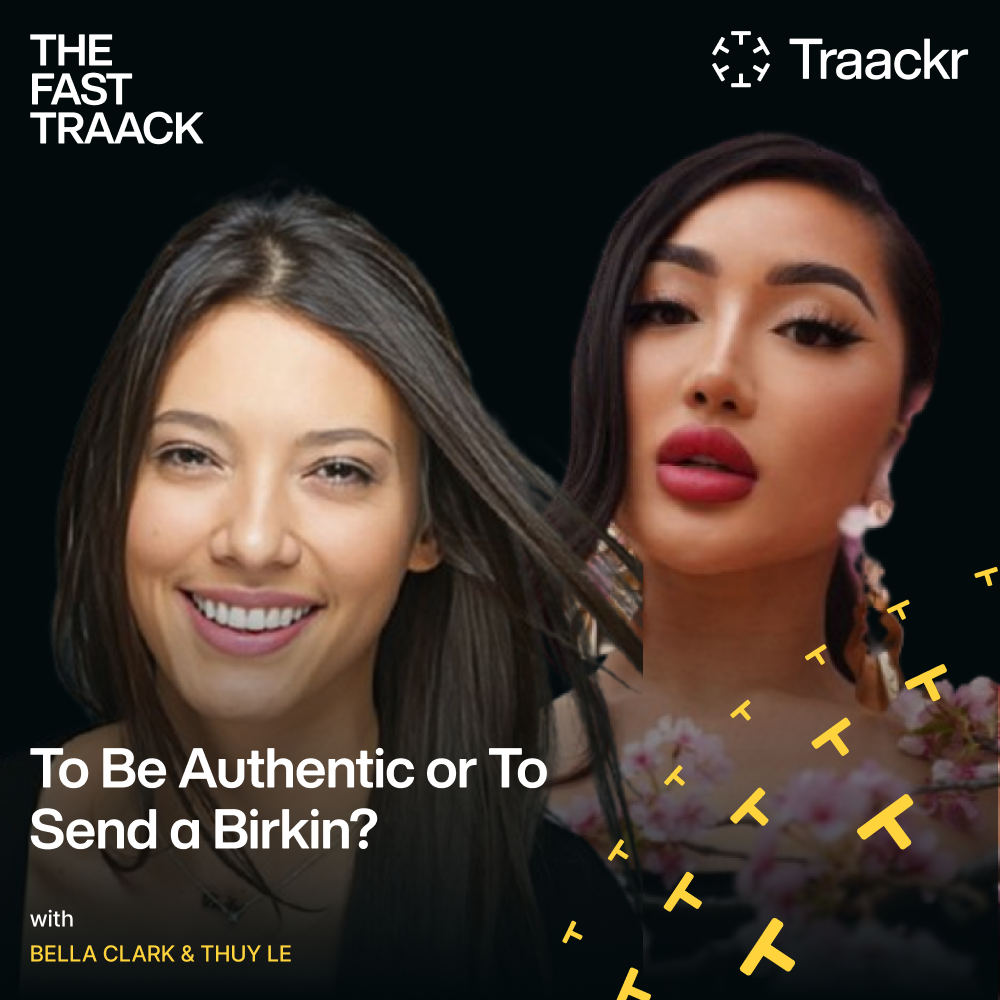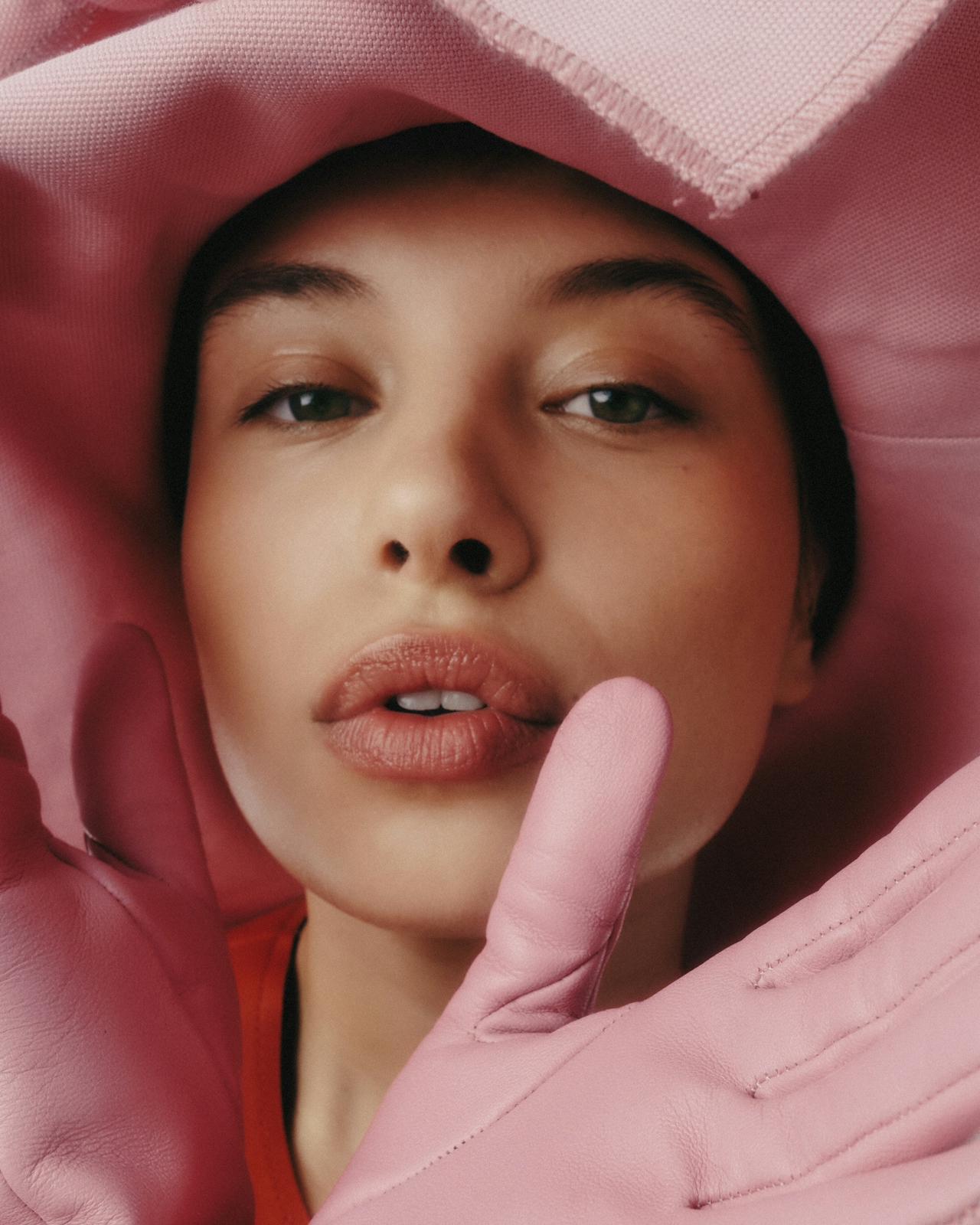Hot take: AI Might Scale Your Influencer Program, But Damage Trust

While artificial intelligence (AI) is not new, the advent of ChatGPT 3 in November 2022 has brought it to the forefront of marketer’s minds in a new way (here’s how we think that will affect your influencer program).
There’s now a polarizing divide between folks who feel that AI (beyond just ChatGPT) will ultimately damage or degrade the influencer marketing industry, and those that feel it could transform it.
Our take? AI, like most new technological advances, will be both good and bad. In the immediate future, AI may help influencer programs scale at a faster pace, and remove tedious work. But, these advances could negatively affect trust if we rush to judgment on how far and fast generative AI replaces a human’s critical thinking — mainly how consumers perceive content and community, and how marketers measure performance. Below we do a deeper dive on what this might look like.
How AI Might Impact Your Influencer Program
What does AI mean for your influencer program?
AI can mean different things and appear in different ways in your influencer program. It could impact a wide range of things, from the type of influencers you work with, to how your plan your campaigns. Some specific examples include:
- Virtual influencers like Lil Miquela. Traackr looked at 96 posts from 10 of the top virtual influencers and found an average engagement rate of 0.89%, which is far below average, even for a VIP-tier influencer. As a comparison, Gen Z favorite Hunter Schafer’s Instagram engagement rate is 13%. Brands are bending over backward to be more authentic and relatable to their customers, working with a wide array of “real” people. Virtual influencers don’t align with those intentions and have mostly been a flash in the pan.
- Marketers using AI for campaign ideation or research. Ask ChatGPT for 10 influencer marketing campaign ideas for a new sneaker drop and see what it says. AI can also source info/data like influencer lists, or write copy and generate memes to speed up brand content. However, many models are only based on data from two years ago at best, so content isn’t fresh. Brands must also be wary of copyright issues when using AI that has been trained on copyrighted content.
- Human influencers using AI for content generation. Influencers can use AI to make videos, memes, music and images more quickly. Similar constraints apply as for marketers, but influencers also need to consider how their likeness is used or licensed for AI-generated content (AIGC).
The pros and cons of AI for creators and influencer programs
AI, like most new technological advances, has pros and cons.
In the immediate future, we may see big benefits for influencer programs as AI replaces the things that weren’t working that well and enhances others. This may help influencer programs scale at a faster pace, and remove tedious work. But, these advances could negatively affect trust — mainly how consumers perceive content and community, and how marketers measure performance.
- AI accelerates production. AI will likely be able to increase the speed of creativity and content creation for both influencers and marketers. In the best of scenarios, AI will take over the “grunt work” of influencer marketing, and marketers and influencers can be left to think creatively, build relationships and community, and work on things that their tapped bandwidth doesn’t allow them to focus on currently.
- AI scales. AI improves the ability to scale influencer programs more efficiently. Tasks can be automated and remove unnecessary work for marketers. It is possible that AI could help marketers and creators realize the dream of “scaling intimacy.” This would result in brands spending more on influencer marketing and more creators being able to make a living from brand partnerships
The potential dark side of this type of innovation?
- AI weakens community and originality, and trust. Without human to human interaction, it will be harder for creators to build communities, especially when content is recycled by AI over and over again.
- AI will likely get brands into murky legal waters (and in some cases already has). Some of these legal difficulties could include IP issues (companies won’t be able to plug their data into public AI tools), liability issues (libel), and legal copyright issues. This last one has already happened in some cases — as AI becomes more prevalent (both AI influencers, and the use of AI to generate content) we may be faced with the problem of sponsored content being a replication of other sponsored content.
- A crucial part of any influencer program is trust – trust between an influencer and their followers, trust between an influencer and a brand, and trust between a brand and its customers. Any break in trust can have significant repercussions, and one of the quickest ways to break trust is a lack of transparency. Lack of transparency in influencer marketing is what spurred regulations around disclosing sponcon or gifted products in social posts. Now that AI-generated content (AIGC) is becoming a reality, brands will likely need to disclose when AIGC is used or ensure influencers (human or virtual) with whom they collaborate are transparent about the use of AI. No one wants to feel duped, and brand reputation is in jeopardy if AI is being used in secret.
So what does this all mean? AI is not some new scary thing, in fact it’s been used in marketing touchpoints for a while. As AI developments continue to roll out, it’s important to stay up-to-date, cautiously experiment, and continually ask yourself what parts of your influencer program seem inefficient (and could benefit from smart automation).

Listen to Bella Clark, Head of Influencer and Partnerships at Lipton, and content creator, Thuy Le, share why authenticity outshines extravagance when it comes to creator partnerships.
Listen nowSee which brands are leading the way in influencer marketing with our real-time performance leaderboard.
View brand leaderboard.jpg)
How Top Brands Scale Creator Advocacy Beyond One-Off Campaigns

What Top & Rising Brands Are Teaching Us About Influencer Marketing in 2026
.jpg)
Traackr Welcomes Ramzi Saba as Chief Technology Officer
Level up your creator marketing expertise
Get industry insights and updates straight to your inbox.
